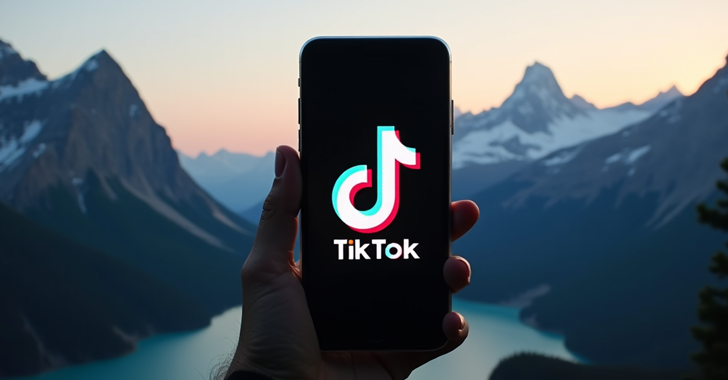Canada Orders TikTok to Shut Down Canadian Operations Over Security Concerns
- November 7, 2024
- Posted by: claudia
- Categories:

On November 6, 2024, the Canadian government announced an order for ByteDance-owned TikTok to cease its operations in Canada due to national security concerns. This decision, articulated by François-Philippe Champagne, the Minister of Innovation, Science and Industry, was based on a review conducted with the assistance of Canada’s security and intelligence agencies. The government clarified that while it is mandating the dissolution of TikTok’s business in Canada, it is not instituting a broader ban on the app or restricting Canadian users’ access to it, framing social media use as a personal choice.
The Canadian administration had previously prohibited the use of TikTok on government devices starting from February 2023, reflecting ongoing apprehensions about data security. Despite the order, the government is encouraging individuals to exercise better cybersecurity practices and critically evaluate the risks associated with managing their information on social media platforms, especially concerning data handling by foreign entities.
The directive to dismantle TikTok’s Canadian operations falls under the purview of the Investment Canada Act, which permits the review of foreign investments that may pose a national security threat. In response to this order, TikTok expressed its intent to challenge the government’s decision in court, indicating that the shutdown would result in hundreds of job losses across its Canadian offices.
Concerns over TikTok’s data handling have been echoed in the United States, where similar fears about potential data access by the Chinese government have led to legislative action. The U.S. government has granted ByteDance until January 19, 2025, to divest TikTok or face a ban, a move that has prompted TikTok to seek legal recourse to block the law in U.S. federal court.
Although TikTok maintains that it does not share user data with the Chinese authorities, it has faced operational restrictions in various countries, notably in Afghanistan, India, Nepal, and Pakistan, where the app is either heavily restricted or completely banned. Globally, similar measures have been taken by various nations to limit the app’s usage on government-issued devices.
By urging Canadians to remain vigilant about their cybersecurity while using social media, the government aims to heighten awareness around data privacy risks and foreign influence. This action reflects a growing trend among nations to scrutinize foreign-owned tech firms over national security implications, particularly those linked to China.
The situation underscores a complex interplay between digital privacy, national security, and international business relations, as governments navigate the challenges posed by foreign technology companies operating within their jurisdictions. The forthcoming judicial proceedings initiated by TikTok will likely be pivotal in shaping the app’s future operations in Canada and may set precedents for how similar cases are handled in other countries.
